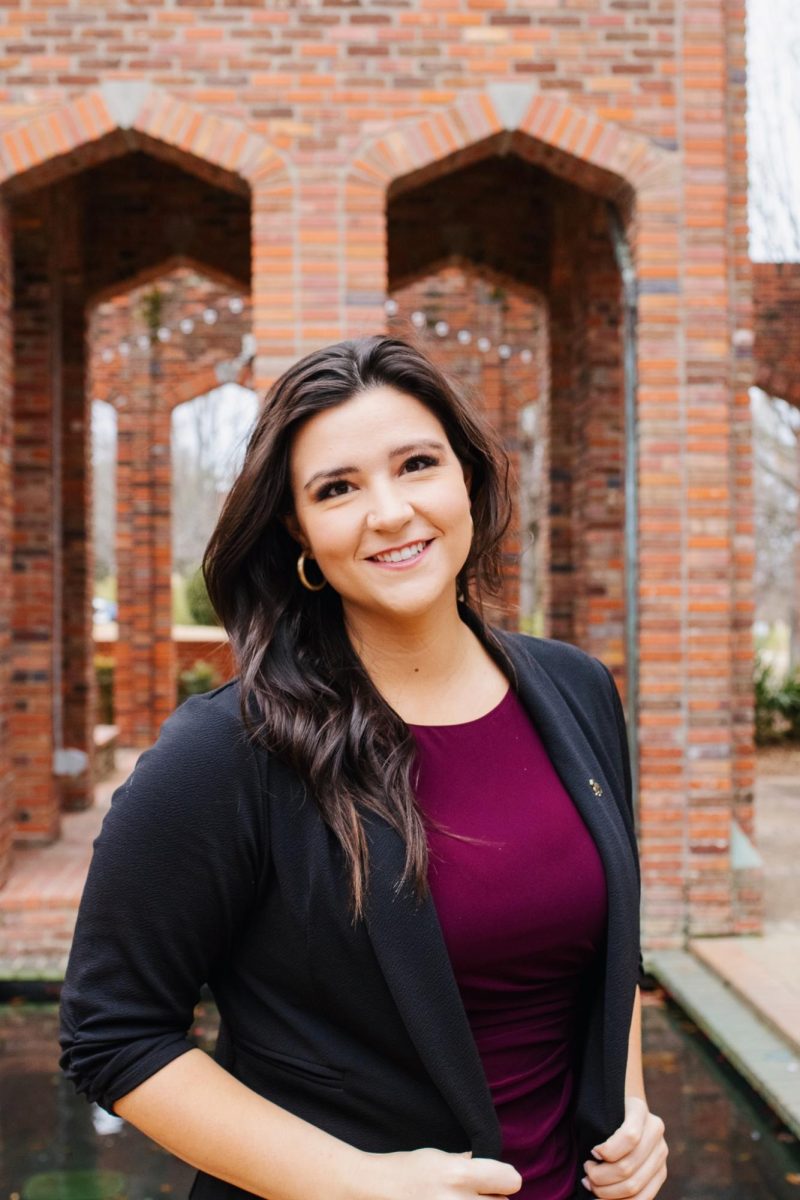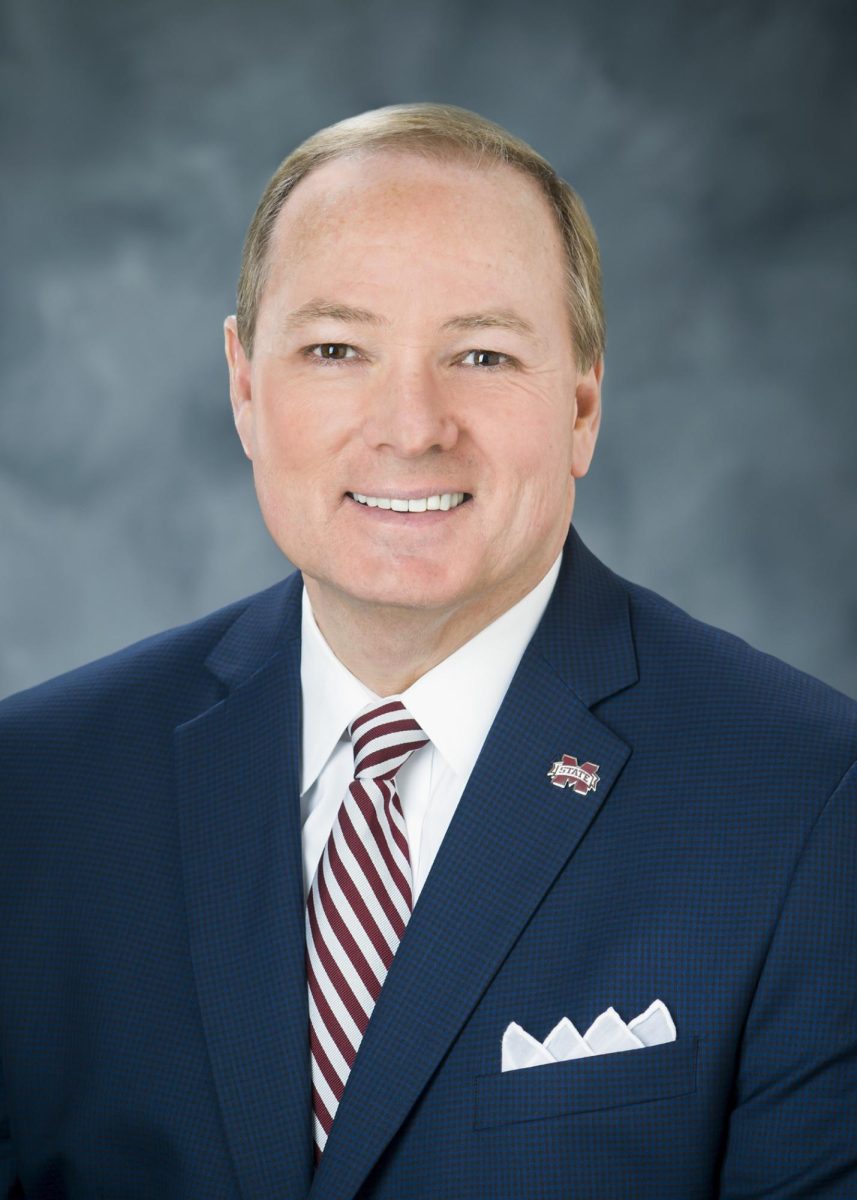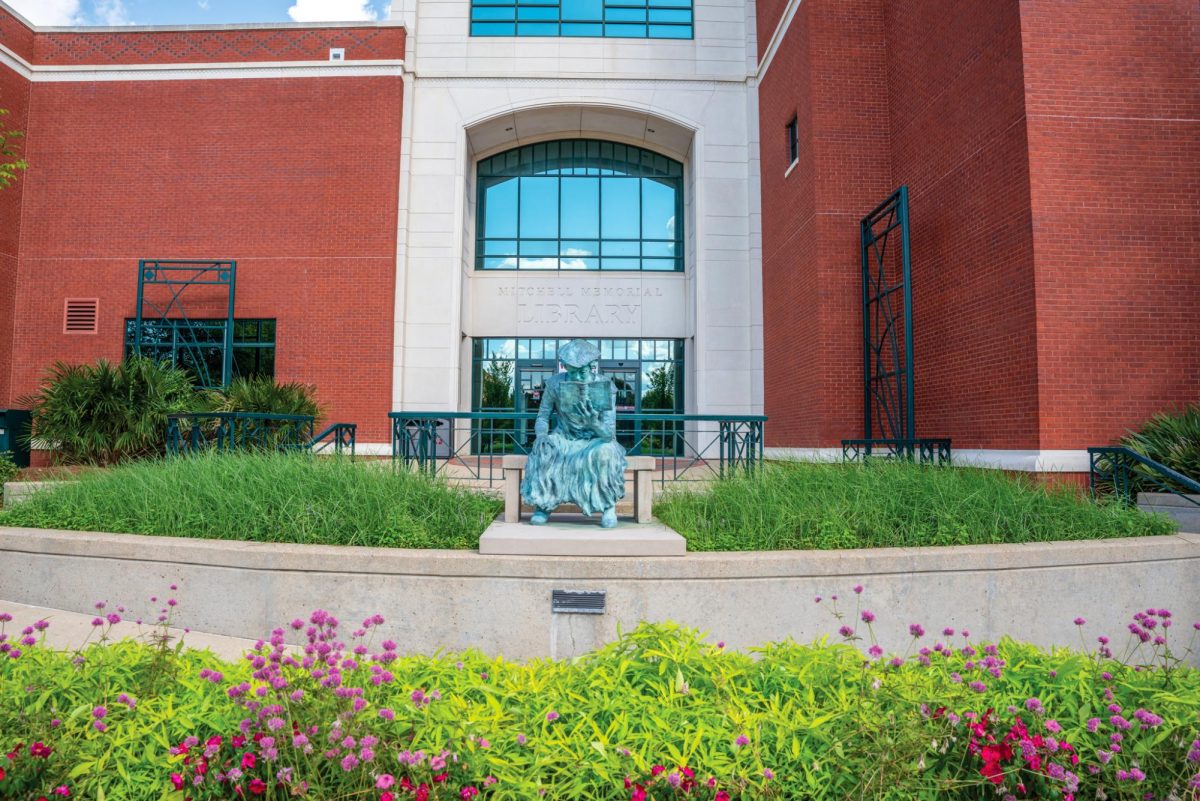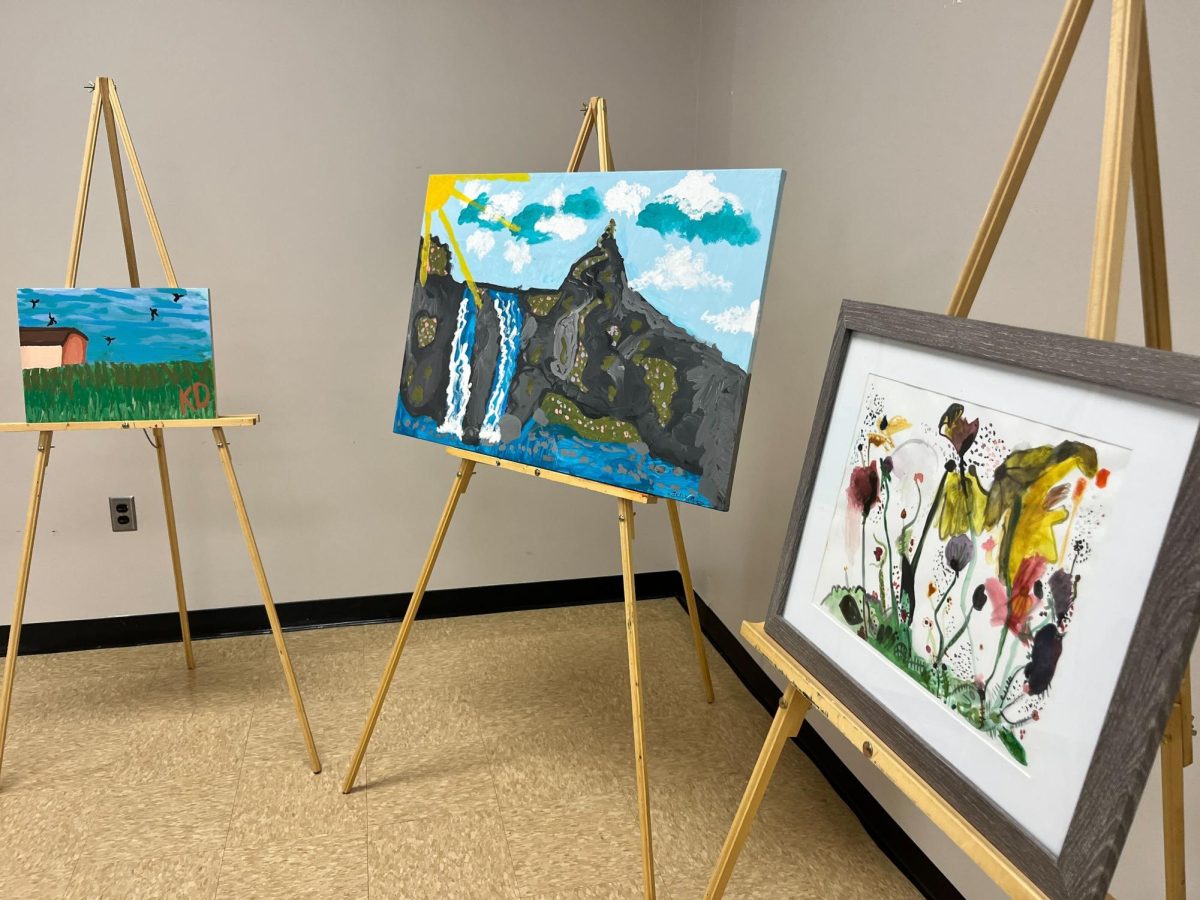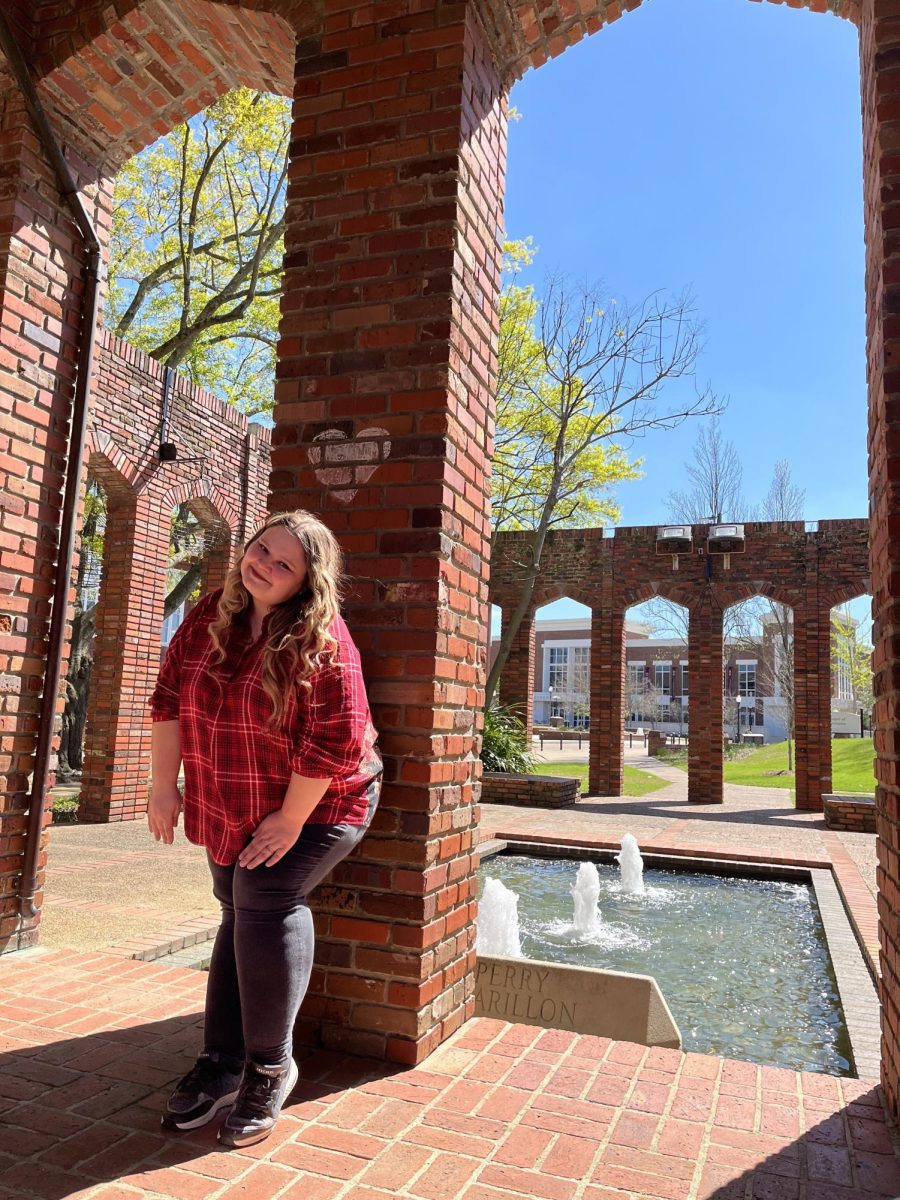Mississippi State University provides individuals with a disability the necessary full circle of services to equip them for employment with the hopes of guiding them to autonomy.
MSU prepares individuals with a disability for employment and autonomy through many different avenues. Three of these avenues include the T.K. Martin Center, Autism and Developmental Disabilities Clinic and the ACCESS program.
Julie Capella, MSU assistant dean and director of Student Support Services, said MSU serves individuals with a disability from cradle, to employment.
“Mississippi State needs to be a place from basically the cradle to employment where you can go and get all kind of disability services for the citizens of Mississippi, and of course our students too,” Capella said.
The T.K. Martin Center, which is located on campus, teaches about 40 students from ages 2 to 7 with a diverse range of disabilities.The center removes limitations individuals with a disability face through the use of assistive technology. The center also provides MSU students with a hands-on experience for practicum, internships and cooperative study placements.
Traci Campbell, a teacher at T.K. Martin since 2006, said the center’s teaching is customized for the need of each student.
“It varies on how we are preparing them for their future on what needs they have,” Campbell said.
Campbell said the teaching focuses on training the students in specific life skills, including patience, eating, independence, communication and more.
“We try to give them as much independence as possible at an early age because that carries into teenage years and adulthood,” Campbell said.
T.K. Martin also specializes in adaptive driving, by assisting those desiring to drive in whatever means the center has available.
Eric Knox, who has worked at T.K. Martin as an occupational therapist for five years, said driving is imperative for individuals with a disability looking for employment.
“If you’re going to be a part of our society and you want to work and you want to invest in our society, a crucial part of that is being able to drive,” Knox said. “Without being able to drive, you can’t go to work, for the most part. Driving is also important for self-independence.”
Knox evaluates and trains individuals with a disability to drive in an individualized way, teaching them how to use adaptive driving equipment depending on the individual’s ability.
The Autism and Developmental Disabilities Clinic, started in 2013 by Dan Gadke, provides services to preschool-age, to emerging adults with a disability. Gadke said the clinic, which is run by graduate students, is a training, research and service clinic providing individualized services for those with a disability.
The clinic provides one-on-one weekly appointments for individual services, social skills groups, assessment services, summer camps and autism liaison services. The clinic sees over 100 individual clients, and 35 college or graduate students with a disability.
Gadke said Autism and Developmental Disabilities Clinic wants its clients to thrive beyond the clinic, focusing on training parents in the best ways to help their child with a disability. The clinic also does faculty training to equip instructors and professors with the proper means to assist students in their classrooms on the autism spectrum.
Gadke spoke on the necessity of equipping individuals with a disability for their futures. He said typical children learn employment skills without realizing it throughout their whole lives. For those with a disability, some general skills are more difficult to learn, unless specifically trained.
“Employment training, especially for individuals with disabilities, isn’t something that needs to just start at the employment end,” Gadke said. “It needs to start all the way back, across the lifespan.”
Gadke said it is important for people to provide individuals with a disability the means to equip them for their future.
“The goal is autonomy,” Gadke said. “You’ve got to be able to give somebody the skills they need to be autonomous. Part of that then also translates to employment because as an adult, a part of autonomy is being able to have an income and contribute and be able to make your own decisions.”
The Autism and Developmental Disabilities Clinic also provides undergraduates with volunteer opportunities, and graduate students with research and hands-on experience working with students with a disability.
The ACCESS program offers students with an intellectual disability the opportunity to attend MSU, and learn life skills preparing them for employment.The four-year course includes auditing courses of interest for the individual, classes for independent living and self-advocacy skills, and internships specialized for the area of industry the student is interested in pursuing post-MSU.
Jamey Bachman, the ACCESS outreach coordinator, said the curriculum of the program works in various ways to prepare students for future employment. The curriculum includes broadening social skills, informing students about the opportunities available to them, building a resume, maintaining employment, showing up to work on time, training for interviews and more.
Bachman, who worked as the director of Volunteer Starkville for five years, works with organizations and businesses around Starkville to find ACCESS students internships in areas they show interest.
After ACCESS students finish at MSU, the Mississippi Department of Rehabilitation Services assists them in finding a job in the Starkville community or the area they move to.
Capella said four students have graduated from the program and have found employment or volunteer work.
Capella said she believes MSU is the perfect place to serve people with a disability, and said the services are beneficial for those with a disability, but also for MSU.
“For us, especially in the disability world at Mississippi State, we’ve always just tried to find out what people need and try to meet that need,” Capella said. “I think our student body is so open to being very acceptable of different people. This has especially been so working with people with disabilities.”
Gadke said employment for individuals with a disability is not the end goal. He said MSU has developed an infrastructure to best serve those with a disability working toward autonomy.
“Somewhere here at Mississippi State, we’ve figured out a way to put an infrastructure together where somebody can come in here and get services as little as birth, all the way through finding some sort of employment piece, whether that’s being a typical college students, whether that’s joining the ACCESS program, or whether that’s just someone in the community trying to get help,” Gadke said.


















































































